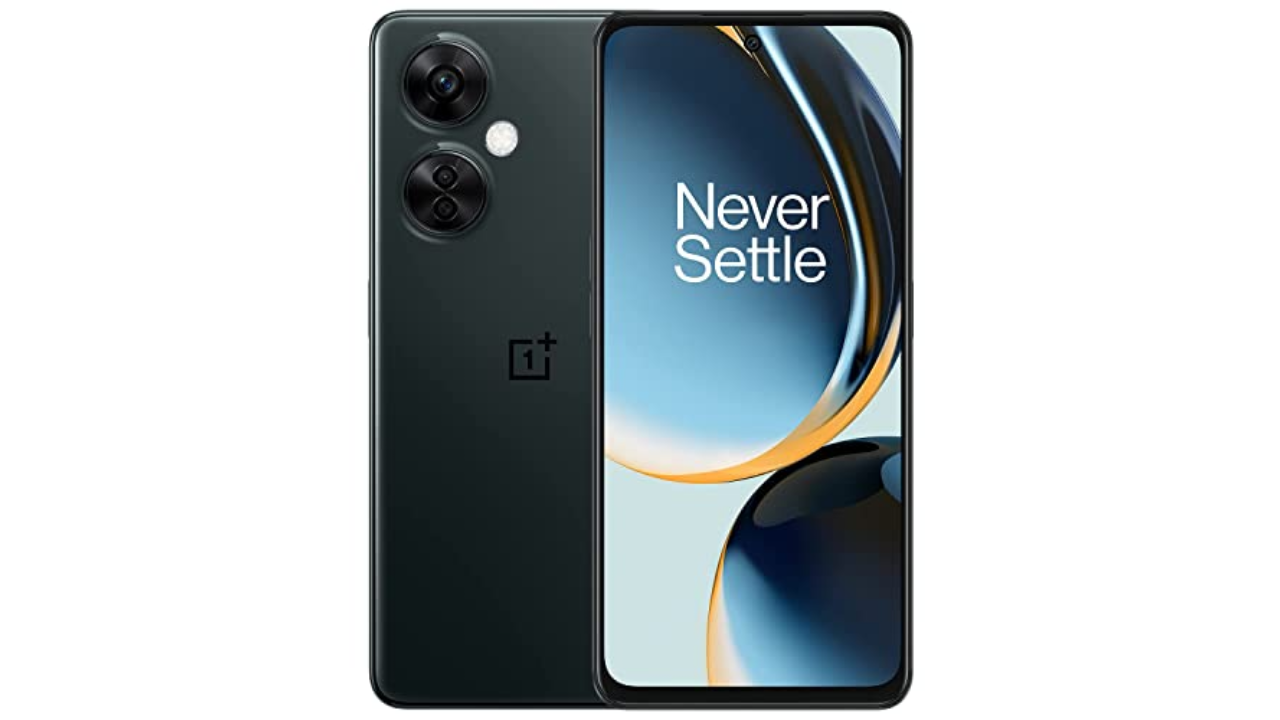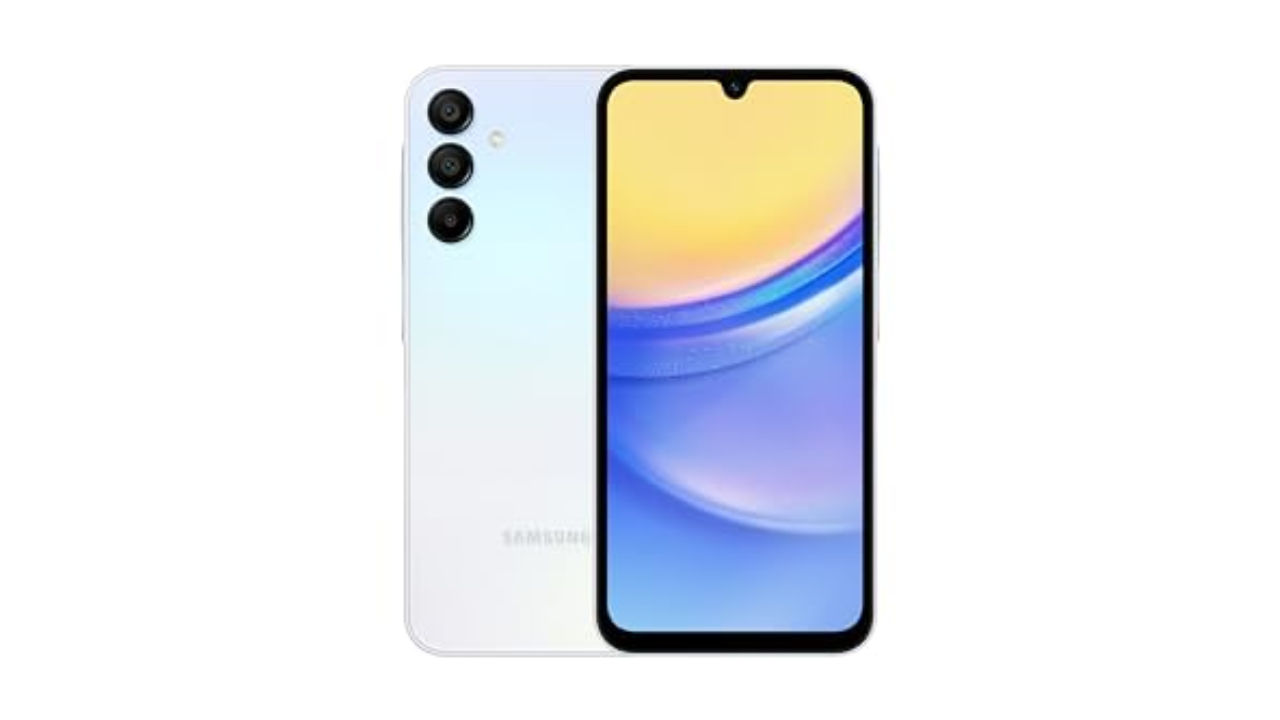The best budget Android phone for 2024
One of the best things about the Android ecosystem is the availability of truly affordable phones for as little as $150. By comparison, the cheapest iPhone is based on a dated design and starts at $429. However, picking the right cheap Android phone can be a bit tricky, as reducing the price of a phone can sometimes result in too many trade-offs when compared to flagship phones. So to give you a hand, we tested a bunch of the most popular options and put together a list of the best budget Android phones you can buy.
How low should you go?
We tend to define a budget phone as costing between $150 and $350. Any lower and the device runs the risk of suffering from too many compromises, and above that, you cross over to pricier midrange handsets (if you’re open to spending more, we shouted out a couple of our favorites at the very end of this guide).
But for those with a little wiggle room, there are some things to consider. For example, a child may be better off with a cheaper device, especially if it’s intended mainly for emergencies or texting parents (and not social media). On the higher end of this price spectrum, sub-$350 phones have come a long way thanks to improved performance, better cameras, fast charging, and nicer displays. This makes them a viable alternative to premium flagships, even if you have the freedom to spend more.
What to look for in a budget Android phone
When it comes to cheap phones, you get what you pay for. Most smartphones in this price range are made out of plastic, though the fit and finish of a specific model can vary a lot based on price. A bright screen is also important. Typically you’ll get LCD panels with a 60Hz or 90Hz refresh rate, but some phones may have OLED screens with increased color saturation. Long battery life is critical as well, so we tend to favor devices with larger power cells of around 5,000 mAh. In this price range, performance can vary a lot, so look for devices with at least 8GB of RAM and processors that can deliver stutter-free visuals. It’s also important to consider support length: as periodic security updates and lengthy software support can extend the longevity of your device, which will save you money in the long run.
Best budget Android phones for 2024
Screen size: 6.72 inches | Storage capacity: 128GB + microSD | SIM card type: Nano-SIM | Front camera resolution: 16MP | Rear camera resolution: 108MP main, 2MP macro | Weight: 6.8 oz
When it first came out, the Nord N30 had basically everything you could want in a phone that cost $300. Its Snapdragon 695 5G chipset delivers strong performance along with speedy wireless connectivity that’s compatible with all the big US carriers, not to mention good specs including 8GB of RAM and 128GB of storage, making it a worthy upgrade. It also has a big 6.7-inch display with a 120Hz refresh rate, which is rare on a budget phone as most rivals feature slower 60Hz or 90Hz panels. And thanks to its 50-watt wired fast charging, you can top it up quickly, too. But most importantly, the Nord 30 recently got a price drop from $300 to $250, making it an unquestionably good deal and our top pick in this space.
- Good performance for the price
- 120Hz display
- 50W wired charging
Screen size: 6.5 inches | Storage capacity: 128GB/256GB + microSD | SIM card type: Nano-SIM | Front camera resolution: 13MP | Rear camera resolution: 50MP main, 5MP ultrawide, 2MP macro | Weight: 7.05 oz
For just $200, the Galaxy A15 5G is a pretty remarkable device. It has a 6.5-inch display with a slightly slower 90Hz refresh rate the Nord N30. However, because it features an OLED panel instead of an LCD display, it boasts better brightness and richer colors than basically all of its rivals. On top of that, you’re getting a 50MP main camera in a remarkably affordable package. It can also be configured with up to 8GB of RAM and 256GB of storage, and its 5,000 mAh battery delivers a ton of longevity. And while its design isn’t too exciting, the polycarbonate Samsung uses on the back has a nice matte finish that feels more like glass than cheap plastic. Finally, the A15 comes with four years of security updates and three years of OS updates, which is longer than most handsets in this price range.
- OLED display with good brightness and colors
- Can be configured with up to 256GB of storage
- 5,000mAh battery
Screen size: 6.5 inches | Storage capacity: 64GB + microSD | SIM card type: Nano-SIM | Front camera resolution: 8MP | Rear camera resolution: 50MP | Weight: 6.53 oz
For those on a really tight budget, the 2024 Moto G Play covers all the bases well. It has a speedy Snapdragon 680 processor along with 4GB of RAM and 64GB of storage. And while that last number might seem small, the phone has a microSD card slot so you can add more space if and when you need it. Its 6.5-inch LCD screen is also surprisingly sharp with a 90Hz refresh rate. The Moto G Play even has an IP52 rating for dust and water resistance. That isn’t much, but it’s good enough to protect against an errant splash or two. Sure, the G Play is basic, but it’s basic in a good way, especially if you’re not too fussed about running multiple apps and just want a handset to perform everyday tasks.
- 90Hz display
- IP52 rating
- Expandable storage via a microSD card slot
- Only 64GB of onboard storage
Screen size: 6.1 inches | Storage capacity: 128GB | SIM card type: Nano-SIM | Front camera resolution: 13MP | Rear camera resolution: 64MP main, 13MP ultrawide | Weight: 6.84 oz
Read our full Google Pixel 7a review
For people willing to look at phones on the higher end of the budget bracket, there are some other candidates worth checking out. The Pixel 7a normally costs $499, but we’ve seen it discounted to as low as $349. So if you’re looking for an affordable handset with good performance, handy bonuses like wireless charging and one of the best main cameras on any device in this price range, you’d be foolish not to consider this Pixel phone if you can get a good deal on it. And while Google recently released the Pixel 8a at $499, Google has confirmed it will continue to sell the Pixel 7a.
- 90Hz OLED screen
- Long battery life
- Now has wireless charging
- Excellent cameras
- Same great Pixel-specific software
- Wireless charging is kind of slow
- No dedicated zoom lens
- Speakers sound a bit shallow
Screen size: 6.7 inches | Storage capacity: 256GB | SIM card type: Nano-SIM | Front camera resolution: 32MP | Rear camera resolution: 50MP main, 50MP ultrawide | Weight: 6.7 oz
Read our full review of the Nothing Phone 2a
Another contender we really like is the Nothing Phone 2a, which provides great specs, a unique design and a ton of personality for just $349. The main reason it didn’t make our list is because in the US, it’s only available as part of Nothing’s developer program, which requires you to sign up (for free) before being able to buy one. Furthermore, the Phone 2a only supports 5G on T-Mobile (via the N41 band), which means it’s not a great choice for anyone on AT&T or Verizon.
- Unique design
- Great value
- Lightweight
- Surprisingly good performance
- No 5G on AT&T or Verizon
- No wireless charging
- Storage caps out at 256GB
Android phone FAQs
What’s the price difference for a cheap Android vs a cheap iPhone?
iPhones tend to be more expensive compared to Android phones — even the cheapest iPhone, the iPhone SE, which starts from $429, is a harder pill to swallow compared to a cheap Android phone. In contrast, you can get your hands on a cheap Android device for as low as $100.
Read the original article here





